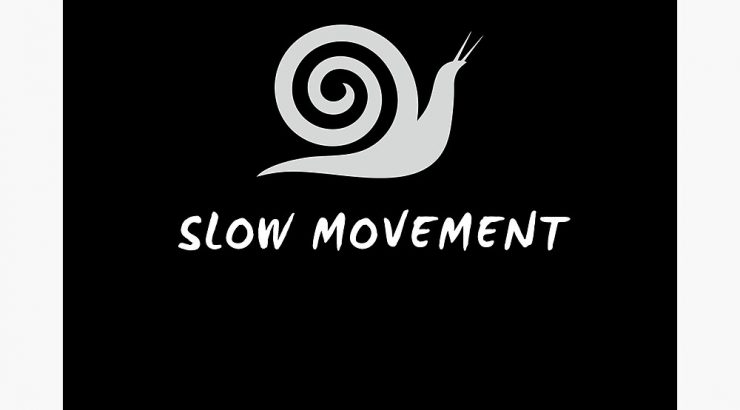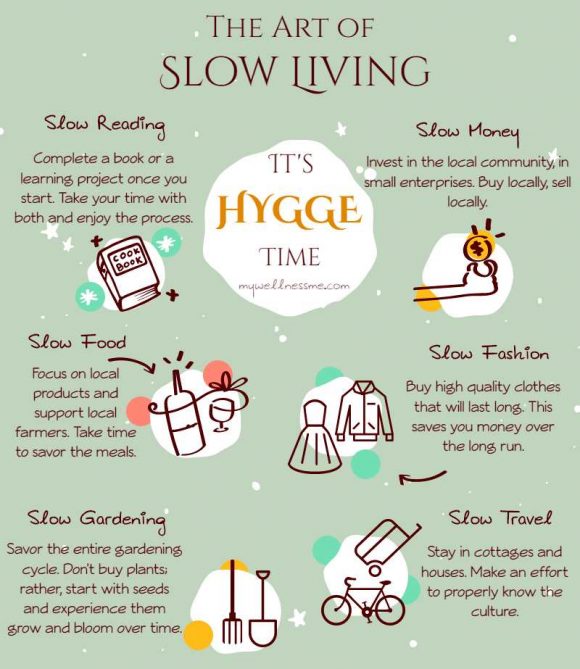
Slow Living + Intentionality A Reflective Approach to Making Everyday Life More Sustainable
March 4, 2022
One of many meaningful commitments to sustainability is making the active decision to slow down in the everyday hustle by buying time through intentional planning, and making conscious, well-thought-out decisions. In the 1980s, Italian editor and political activist Carlo Petrini founded the International Slow Food Movement to promote traditional cooking with locally-sourced food within his community. Today, the movement has members in over 150 countries, and the broader slow living movement still endorses his original ideas, in addition to abandoning the concept that fast-paced lifestyles are the only solution to leading productive and meaningful lives. Within this context, sustainability is the ability to maintain one’s habits and routines at a manageable rate, in a way that does not deplete or harm oneself or the environment. Here, we talk about the benefits of sustainable slow living and how to start implementing it in our lives.
Benefits of slow living:
- Encourages mindful decision-making to reflect on what it means to sustain oneself
- Promotes intentional thinking about consumption and a throwaway culture, and its effects on the environment
- Applies to the natural environment, mental health, cooking, and consumption
- Helps cope with personal burnout by promoting wellness in all aspects
Some questions to ask yourself to promote slow living in daily life:
- What impact does a fast-paced lifestyle have on my mental health, physical health, and the environment?
- How can I support my local community today?
- Can I be even more productive and/or boost my wellness by taking a 5 minute break from work to enjoy a snack, coffee, or to call a friend?
- How can I reduce my waste and plastic consumption this week?
- Does purchasing this item really fulfill me or bring me joy?
- How can I be more present in order to help sustain myself, those around me, and the environment?

With this information in mind, an example of slow living might be as small as asking oneself whether buying coffee every morning before class is sustainable. A slow-living action to take in this scenario could include planning ahead to take ten minutes to enjoy the coffee in a reusable mug sitting at a coffee shop or at home in the efforts to reduce the environmental impacts from consuming plastic to-go cups everyday, as well as taking time for oneself instead of rushing on-the-go.
We hope you try taking some of these reflective actions to promote slow-living in your own life, and see the sustainable benefits of taking an intentional approach towards everyday decision-making.
Sources:
- https://www.slowlivingldn.com/journal/live-consciously/slow-living-and-sustainability/#:~:text=Slow%20living%20is%20about%20removing,in%20a%20more%20sustainable%20way.
- https://www.slowlivingsummit.org/what-is-slow-living/
- https://medium.com/escalto/the-art-of-slow-living-what-it-is-and-the-benefits-822d8d6c943a
- https://www.slowfood.com/about-us/our-history
- https://mywellnessme.com/slow-living/
Be sure to follow us on Instagram @sustainchapman and subscribe to our Green Panther Newsletter here!